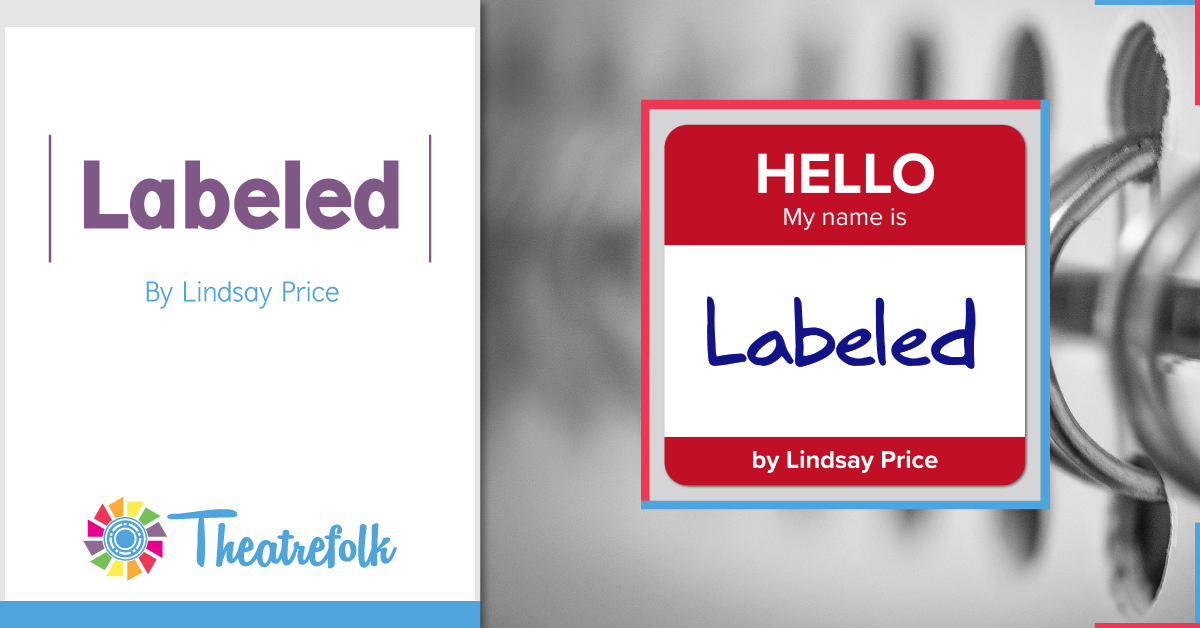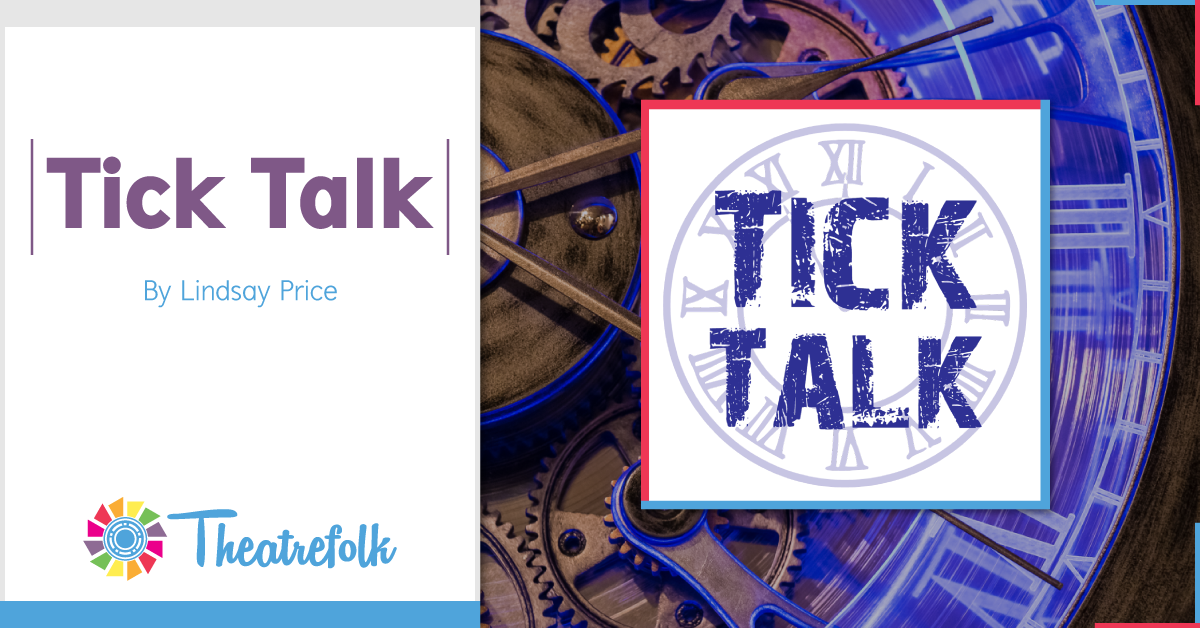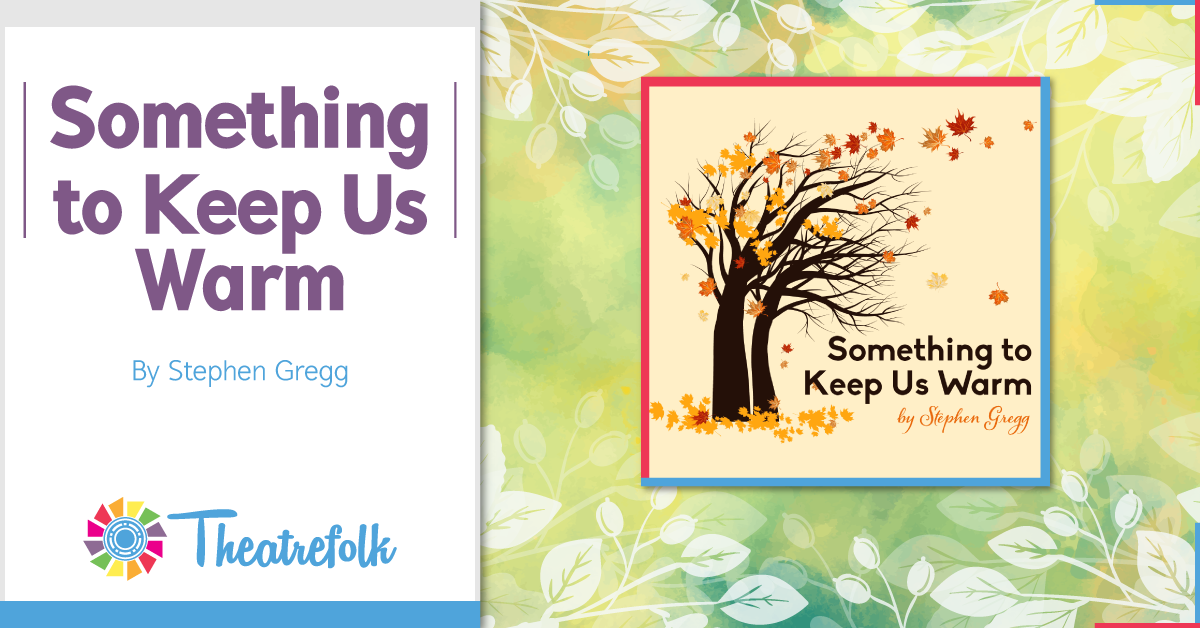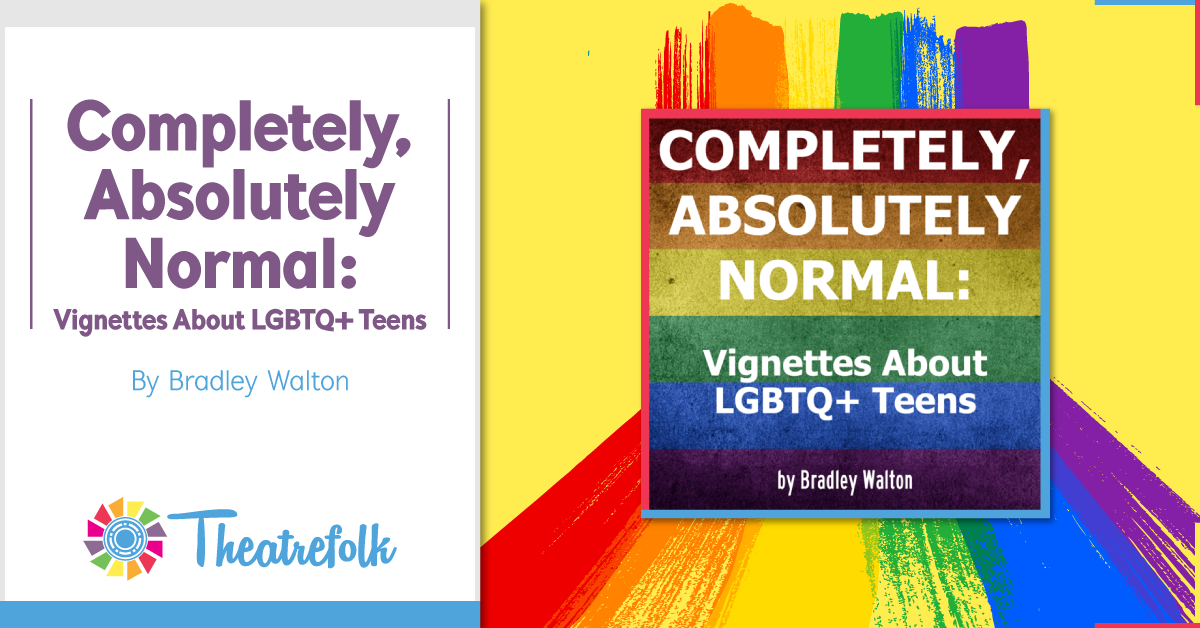Theatrefolk Featured Play – Labeled by Lindsay Price
Welcome to our Featured Play Spotlight. Labeled by Lindsay Price can definitely be labeled a fantastic dramedy for high school students.
It’s easy to stick a label on someone. You’re late, you’re a loser. You’re in detention, you’re bad. You’re slow, you’re not smart enough.
We do it every day. We’ve done it in the past, we’ll do it in the future. And these are the kinds of labels that are near-impossible to remove.
In three separate but connected scenes, characters push against the labels stuck on them by others.
Let’s hear from the author!
1. Why did you write this play?
Being Labeled is something students have had to deal with since the beginning of time. I thought about backtracking on that statement, but I think it’s true – looks label you, actions label you, relationships label you, where you live, who your parents are, all these things can slap a sticky reputation on your back whether you deserve it or not. That’s important to write about and it’s important to show students fighting those labels in a variety of ways.
It’s interesting to note that I actually wrote one of the scenes for a different play. When that play didn’t work out (which happens all the time) I didn’t want to let go of the characters in the scene. Sometimes the play you start writing, isn’t the one that ends up in the finished product.
2. Describe the theme in one or two sentences.
How do you survive your label?
3. What’s the most important visual for you in this play?
A character stands on a chair and shouts “The Titanic is fake!” It’s a great surprise moment, a great visual, especially in the response of the other characters, and a great story after the outburst.
4. If you could give one piece of advice for those producing the play, what would it be?
When you do the scene with the semi-circle of chairs don’t catch sitting-itis. No one wants to watch a scene where people sit for 10 minutes. Find out the different ways your character would use a chair, climb over a chair, get protection from a chair and so on. Think about the pictures you’re creating in your staging – you want the audience to be engaged.
5. Why is this play great for student performers?
The characters are telling student stories. Everyone in the cast and every one in the audience will connect to not being heard, to being dismissed, to being misunderstood, and wanting something more.



